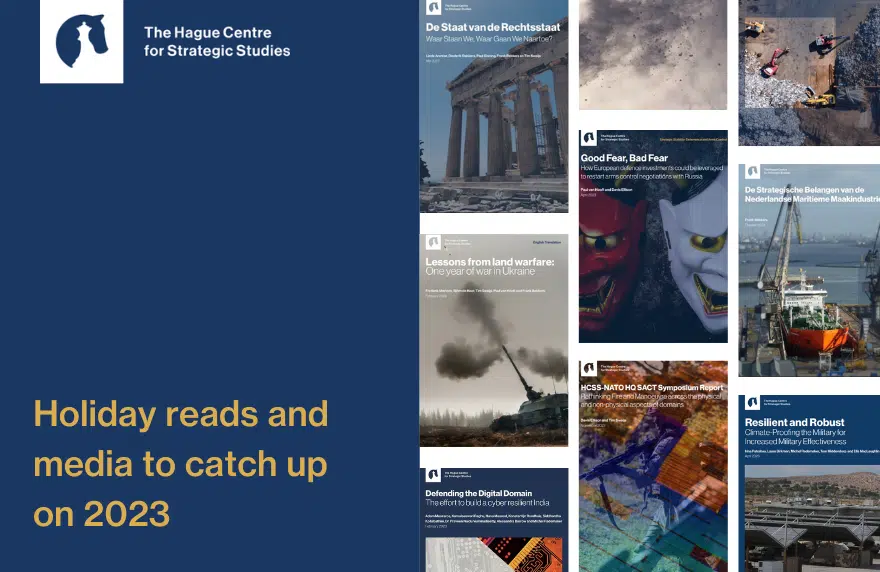As the festive season approaches, we want to extend our gratitude to HCSS’ dedicated followers by presenting a thoughtfully curated assortment of top-notch literature, just in time for the holiday festivities! Each winter, our team of staff and interns collaborates to suggest a handpicked collection of books, ideal for indulging in cosy fireside reading.
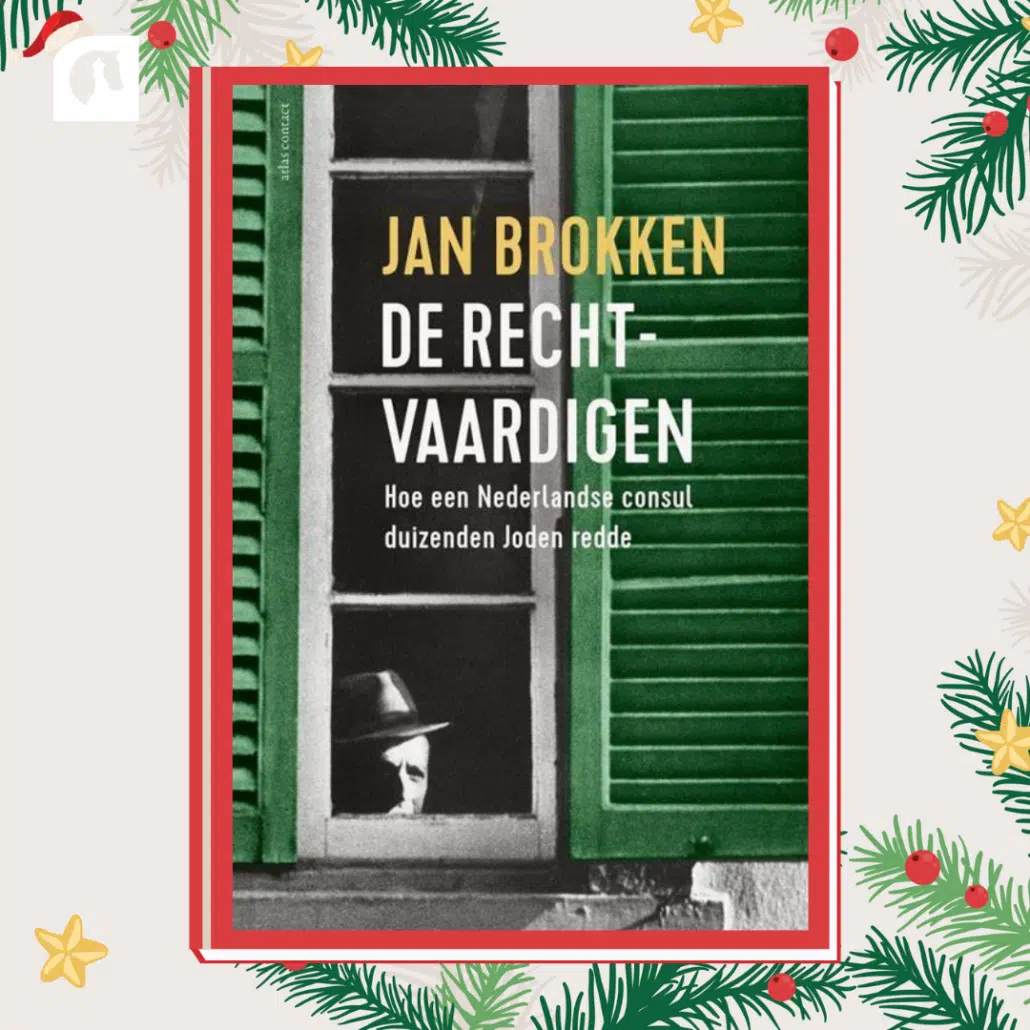
Strategic Advisor International Affairs Kees van Rij recommends De Rechtvaardigen by Jan Brokken.
This is the beautifully written story of brave diplomats who, on their own initiative, provided visa clearances to thousands of Jews in summer 1940 to escape the impending German invasion and occupation of Lithuania. Starring Dutch honorary consul Jan Zwartendijk at Kaunas, supported by Dutch envoy Leendert de Decker in capital Riga. The Japanese consul in Kaunas Chiune Sugihara – against instructions from Tokyo – then issued transit visas to travel via Japan to the Netherlands Antilles. Jan Brokken did excellent research into unknown and forgotten events. A posthumous tribute to Jan Zwartendijk, showing how important it is to keep the moral compass sharply focused on human actions in times of great tumult.
Strategic Analyst Frederik Mertens recommends Where Iron Crosses Grow: The Crimea 1941-1944 by Robert Forczyk.
A very readable account of the fighting on the Crimea between 1941 and 1944. It is both interesting on its own and a worthwhile exploration of the Crimean military geography which hasn’t changed since WW II.
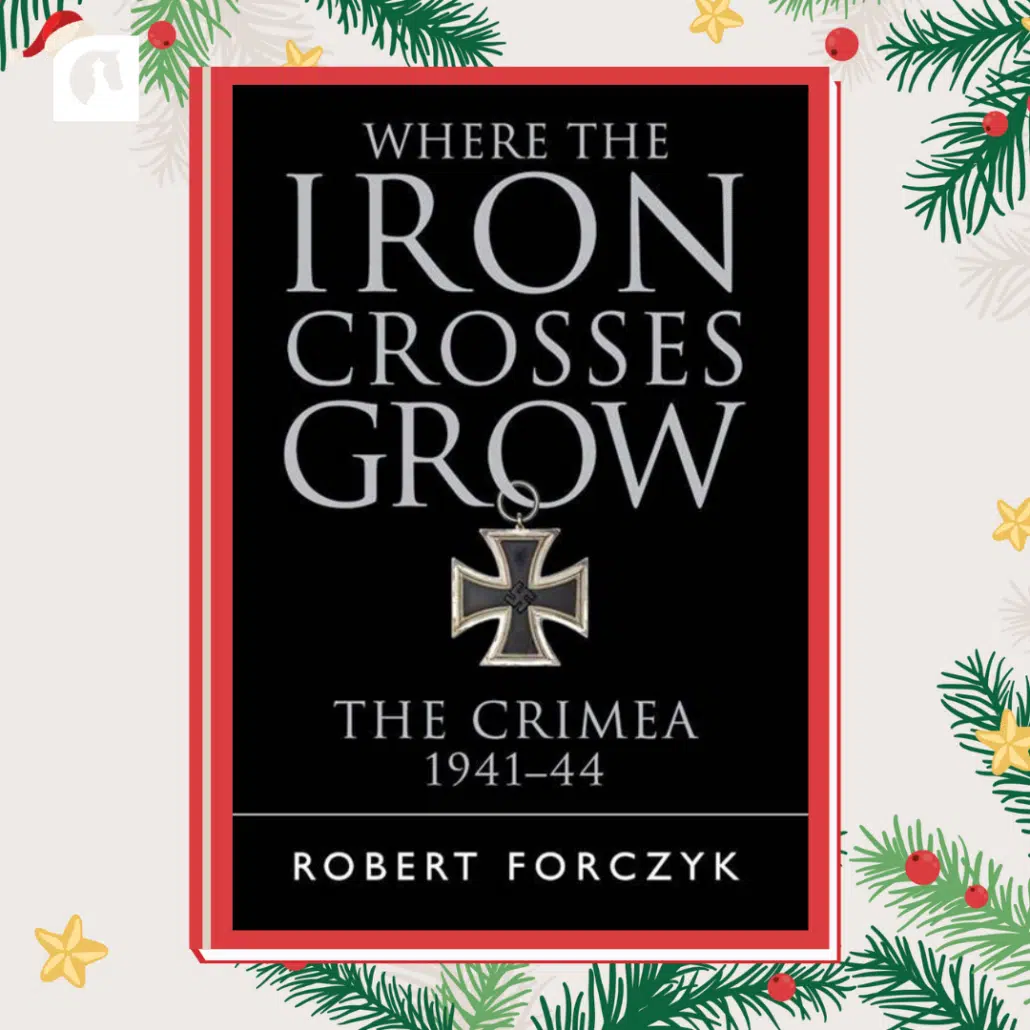

Assistant Analyst Tom Connolly recommends I am Pilgrim by Terry Hayes.
“I Am Pilgrim” by Terry Hayes is a riveting thriller, entwining espionage, intrigue, and global suspense. Hayes crafts a gripping narrative following a former intelligence operative drawn back into a world of espionage to hunt a formidable adversary. The novel intricately weaves a complex web of international plots, featuring meticulous detail and taut pacing that keeps readers on edge. With its rich character development and intricate plot twists, Hayes presents a world where the past collides with the present in a race against time. For those craving an adrenaline-pumping, intricately plotted espionage thriller, “I Am Pilgrim” is a must read. You will not put it down!
Strategic Analyst Sofia Romansky recommends Exhalation by Ted Chiang.
A collection of short stories that will make you think in new ways about our ever-changing world. Exploring everything from the linearity of time and our understandings of truth to the implications of artificial intelligence living alongside humans, Ted Chiang’s work feels like a fresh take on some of the heaviest topics of our time.
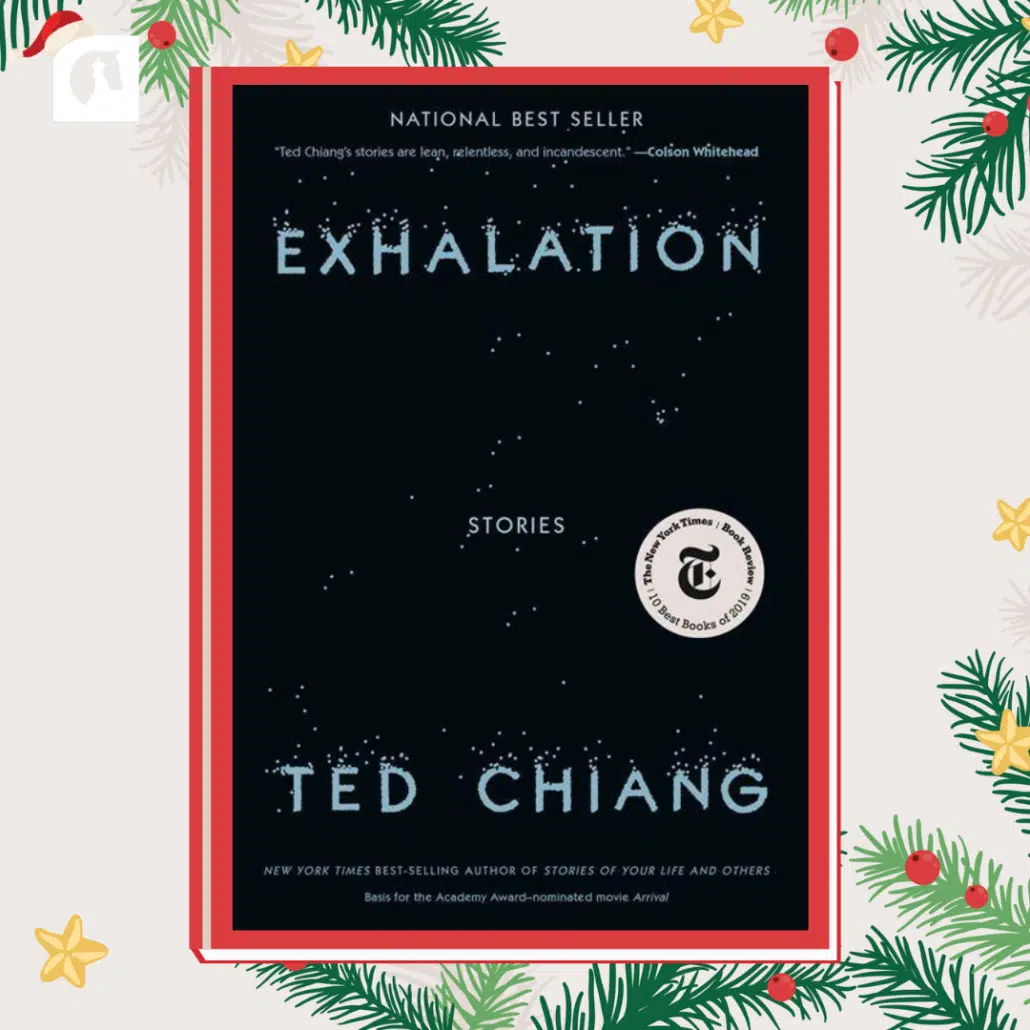
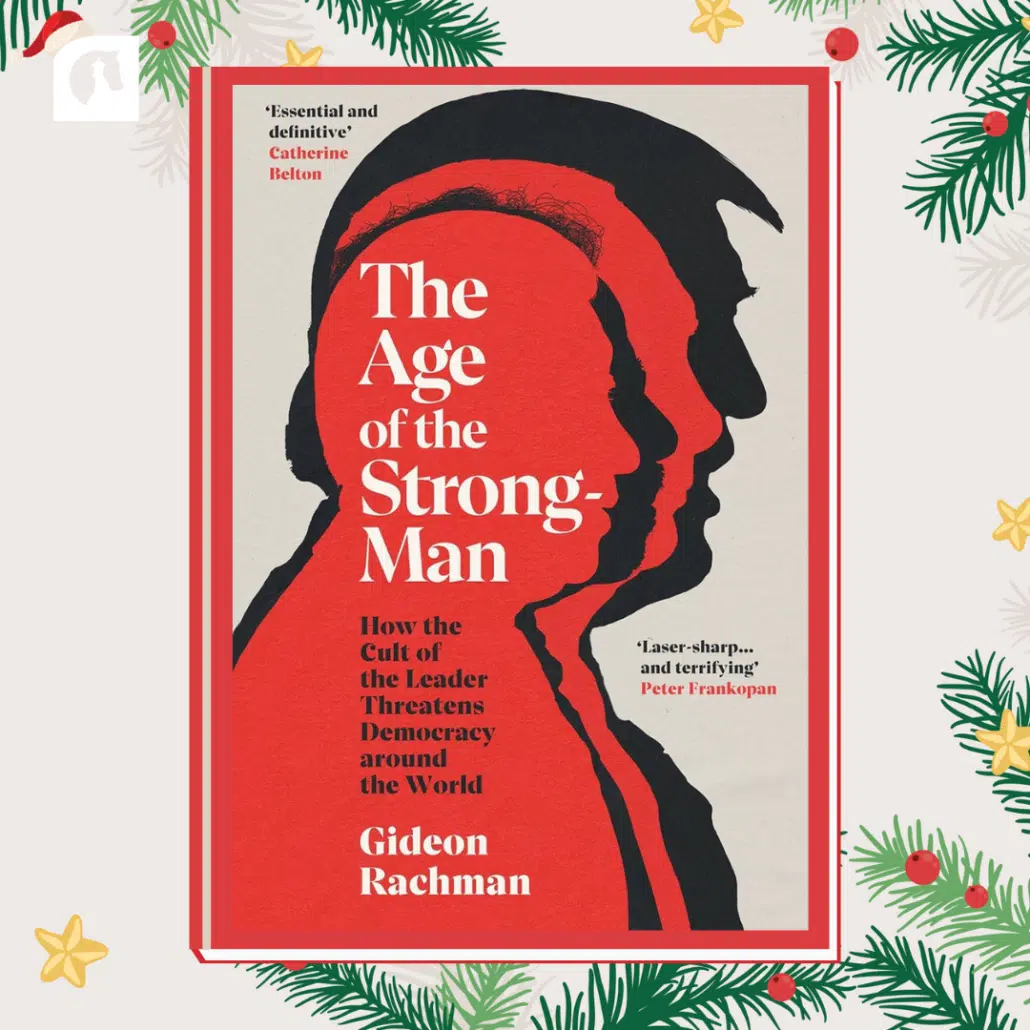
Deputy Director Michel Rademaker recommends The Age of The Strongman by Gideon Rachman.
A description of today’s ‘strong men’, autocrats or people close to being autocrats and the patterns of behaviour you see all of them use. Strongly recommend for all those interested in todays ‘strong men’ populists!
Assistant Analyst Abe de Ruijter recommends Underground Empire: How America Weaponized the World Economy by Henry Farrell and Abraham Newman.
“Underground Empire” unravels a riveting tale of America’s ascension to dominion over the shadow realms of information, finance, and technology networks—realms that have granted it unprecedented power. The narrative comes alive with gripping case studies that delve into the worlds of data centres and intelligence operations, the scramble for 5G and semiconductor dominance, and the economic isolation of Iran, among others. By doing so, Farrell and Newman illustrate how Washington has turned the most vital pathways of the world economy into tools of domination over foreign businesses and countries.
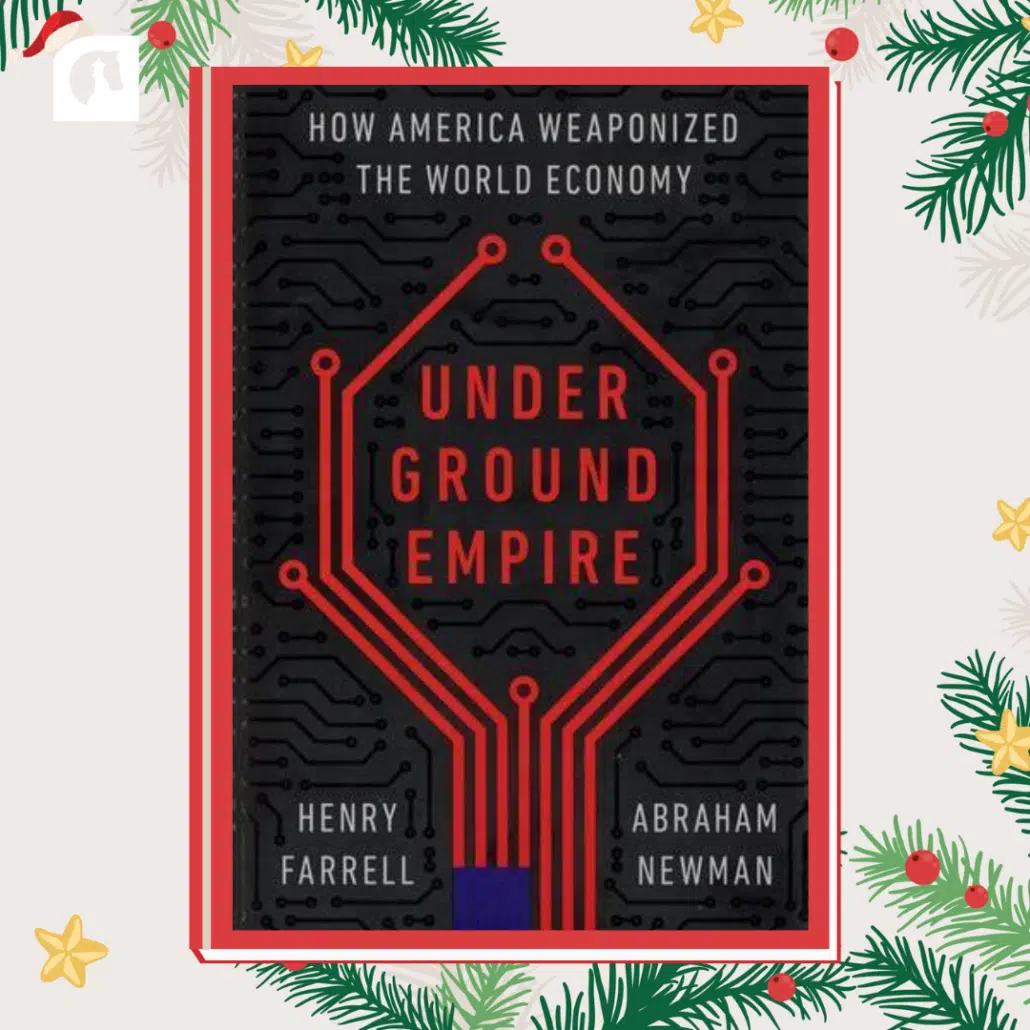
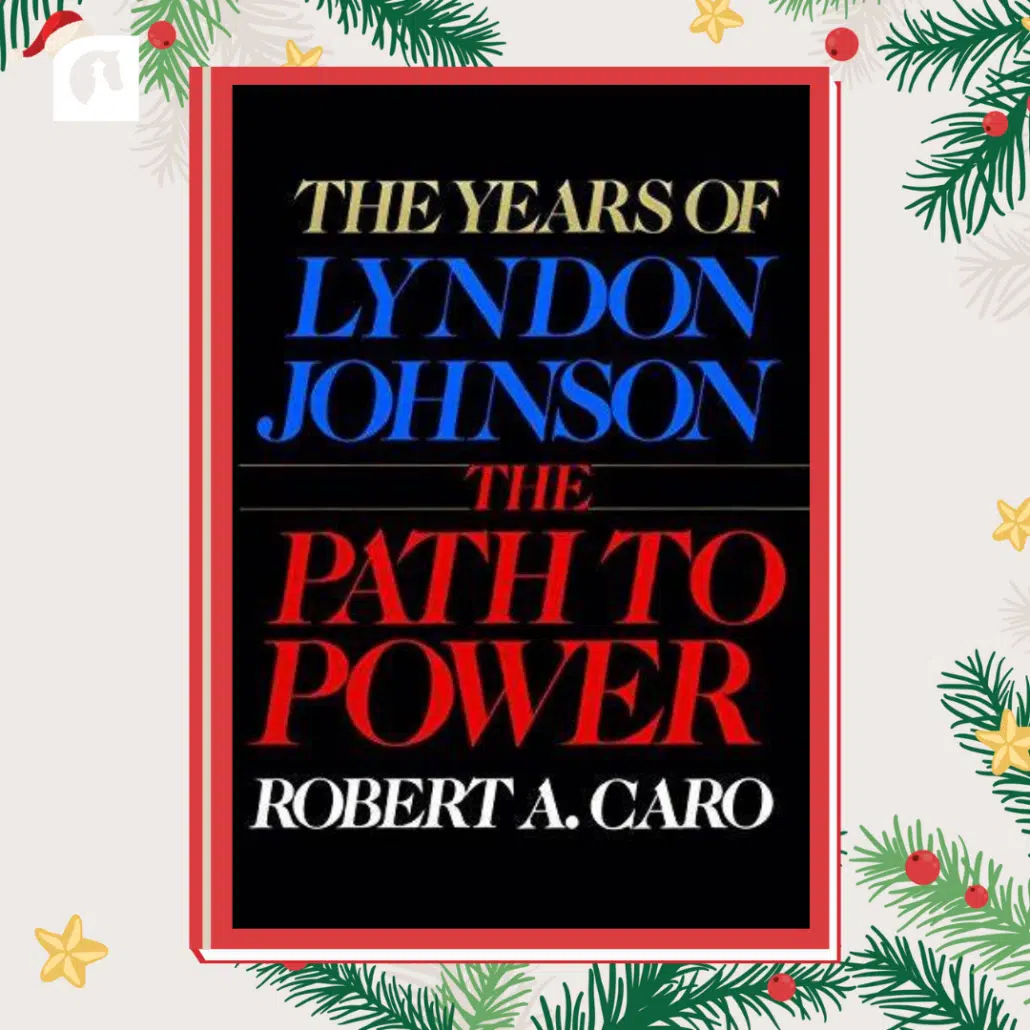
Assistant Analyst Arne Eichholtz recommends The Years of Lyndon Johnson: The Path to Power by Robert Caro.
The Path to Power is the first of a five-volume biography of Lyndon B. Johnson by Robert Caro, the final volume to be released this year. It is nothing short of a masterpiece. After the – customarily for a biography – lengthy description of its subject’s family, this biography covers Johnson’s path to elected office in Congress, up to his first failed attempt to run for US Senator in 1941. Mr Caro is unique in his level of research, detailing Texas history, friendships that LBJ crafts with President Roosevelt and long-time House Speaker Sam Rayburn, and most of all the image of the political climate in Texas and Washington in the 1930s and 40s.
Strategic Analyst Laura Jasper recommends Time Shelter by Georgi Gospodinov.
Winner of the International Booker Prize 2023, Time Shelter is a novel in which a wave of nostalgia sweeps Europe leaving entire countries wanting to live in past eras. Written by esteemed Bulgarian author Georgi Gospodinov, this funny yet deeply disturbing story explores the weaponization of nostalgia. In the novel, a psychiatrist named Gaustine opens a clinic offering promising treatment for people with Alzheimer’s disease. But as the rooms become more convincing, an increasing number of healthy people seek out the clinic as a “time shelter”—a development that results in an unexpected conundrum when the past begins to invade the present.

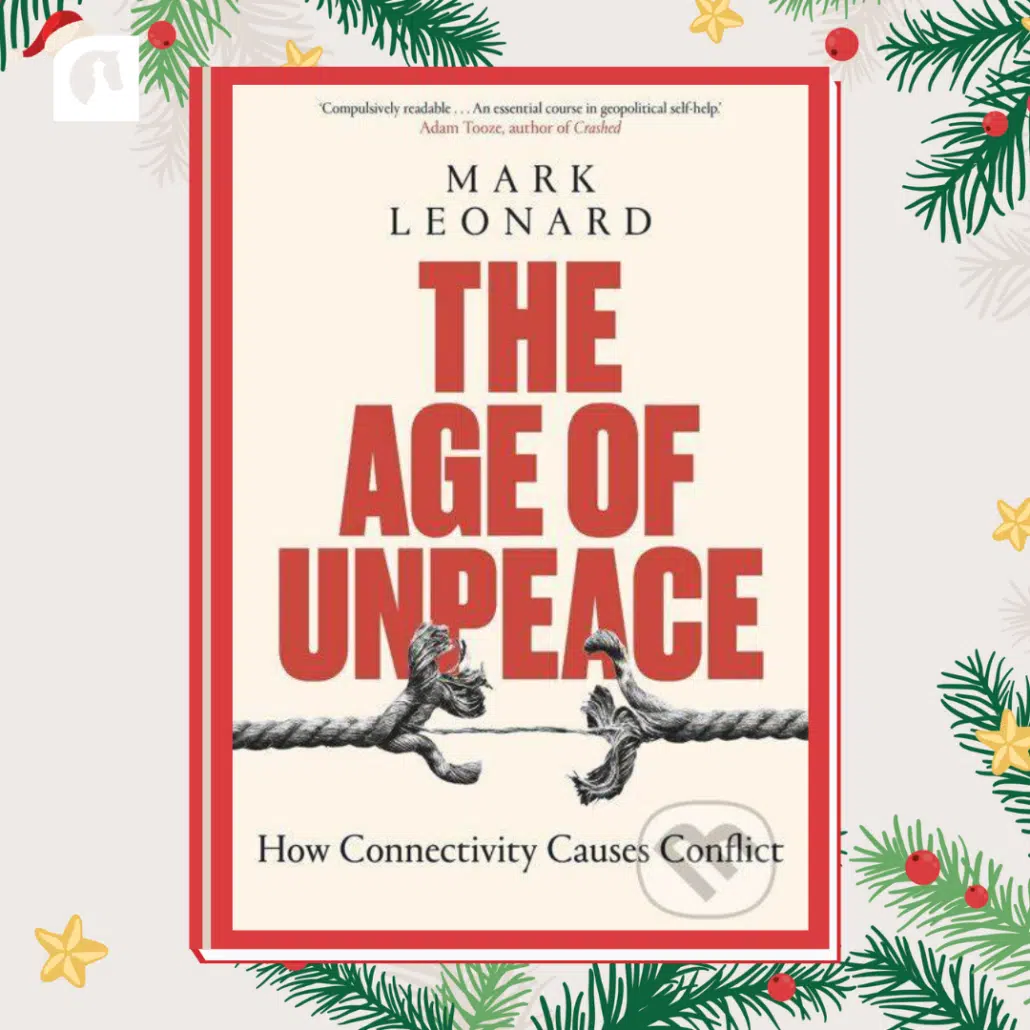
CEO Paul Sinning recommends The Age of Unpeace by Mark Leonard.
Has Globalization broken its promise of everlasting peace? Or are we paying the price of integration, and will connectivity in the end tear us apart? Very interesting read from Mark Leonard.
Assistant Analyst Anna Sophie den Ouden recommends Striking Back: The End of Peace in Cyberspace – And How to Restore It by Lucas Kello.
Geopolitical spectrums are shifting, and disruptive technologies are playing a pivotal role. Kello explores the difficulties of Western security strategists in responding to unprecedented threats from challenger states, in cyberspace and other technological arenas. In addressing these threats, Kello proposes ‘punctuated deterrence,’ concentrated responses at a time of the victims’ choosing and in domains where they enjoy the advantage, deterring by superior strategy, not better technology. Interesting read for experts and non-experts alike, with an interest in the past, current and future state of cyberwarfare.
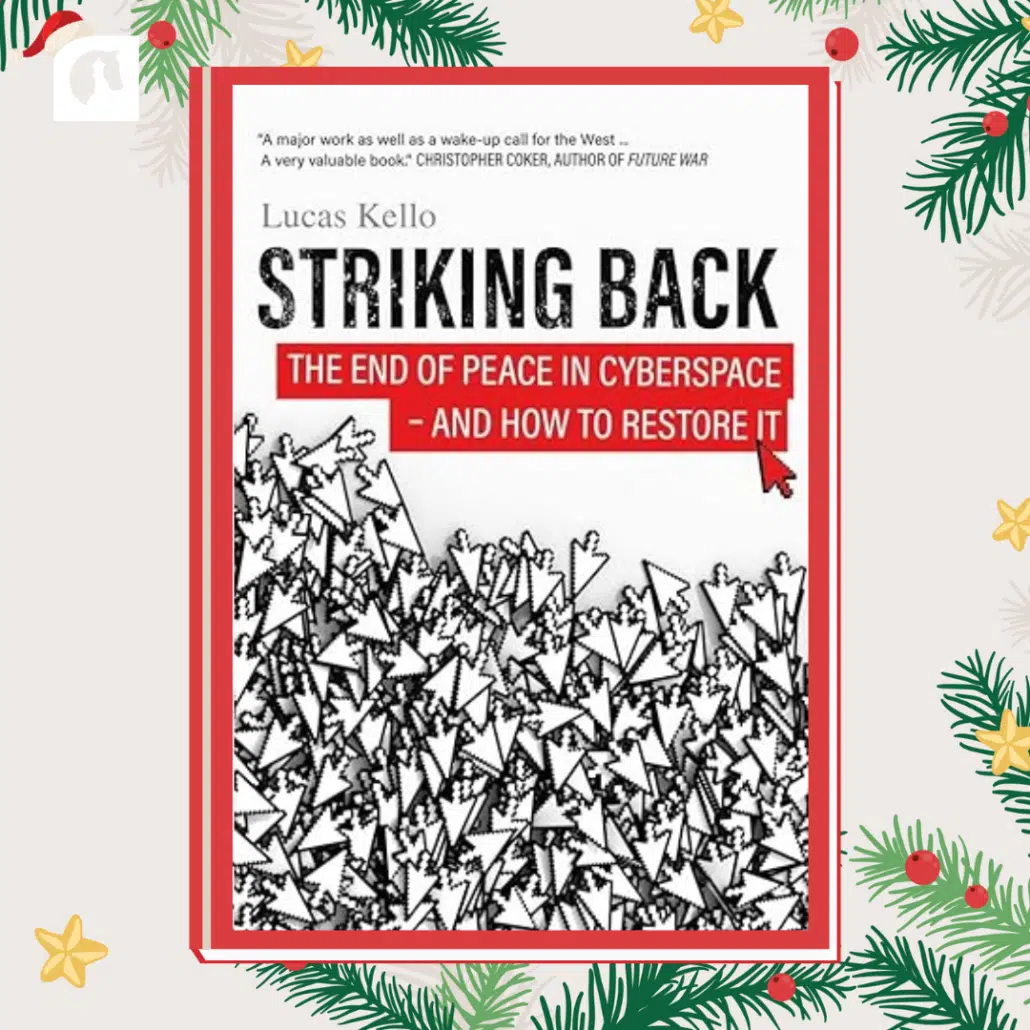
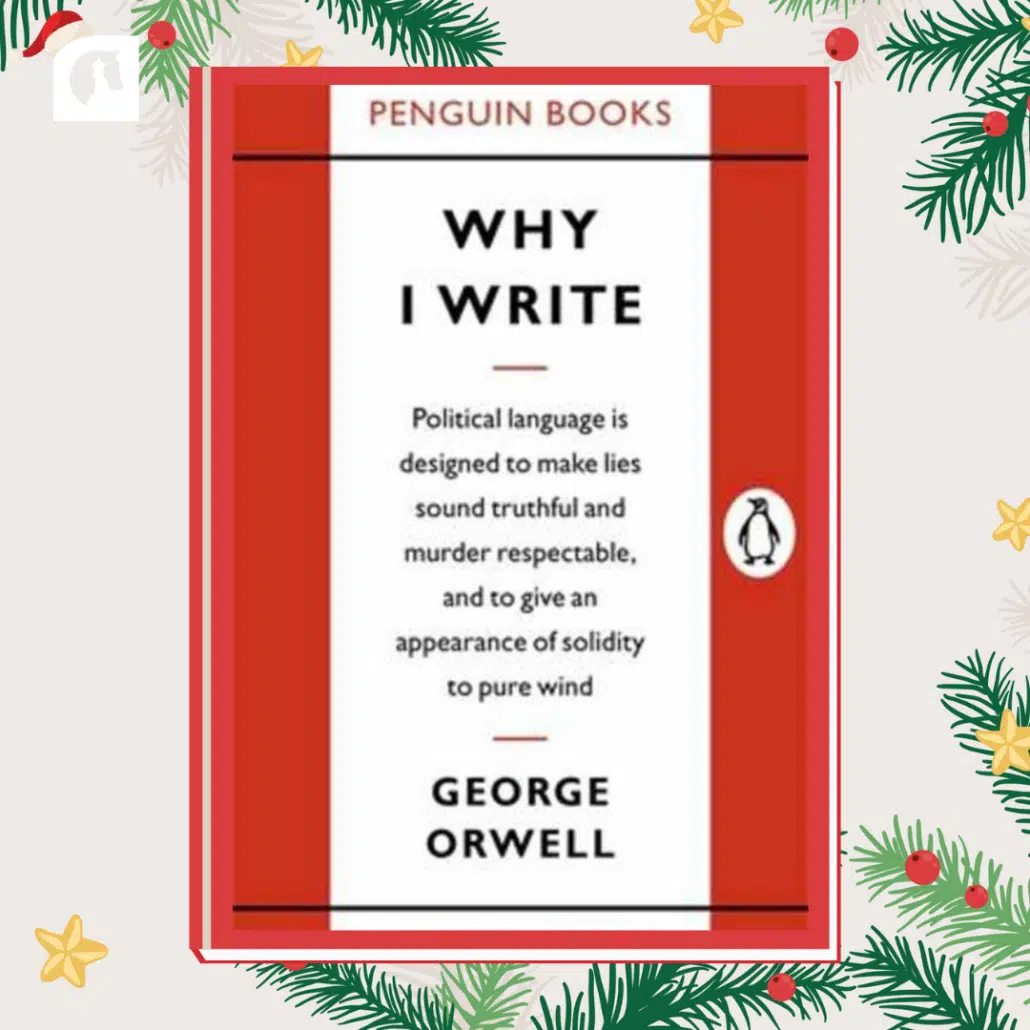
Strategic Analyst Davis Ellison recommends Why I Write by George Orwell.
A series of essays by George Orwell on what it means to write and to write well. It pays special attention to the importance of political writing, and how language can be used most productively to make clear and pointed arguments. He does not shy away from direct criticism of specific individuals and institutions. This is clear in the example essays that are included that Orwell wrote during the Second World War and in his time in the Indian Imperial Police. In the end, writing is about shedding your ego and not pulling punches when writing truth to power.
PR and Communications Assistant Alessandra Barrow recommends An Inspector Calls and Other Plays by J.B. Priestley.
J.B Priestley is one of the great British dramatists and speakers of the early 20th century who has largely been forgotten about, particularly outside the UK. Priestly’s ideas and observations were critical in forming British wartime propaganda and what became the early welfare state. He was regarded jealously by Orwell and blacklisted in his ‘list’. This book is a selection of his most well-known ‘time’ plays which explore precognition, free will and experiment with time-slips. An inspector calls is J.B.Priestly’s most well-known and moving plays. It provides a critique of class structures in 20th century Britian, whilst being packaged in the form of a very good murder mystery. Recommended to anyone with an interest in British post-war literature, time theories and the ideological development of the welfare state.
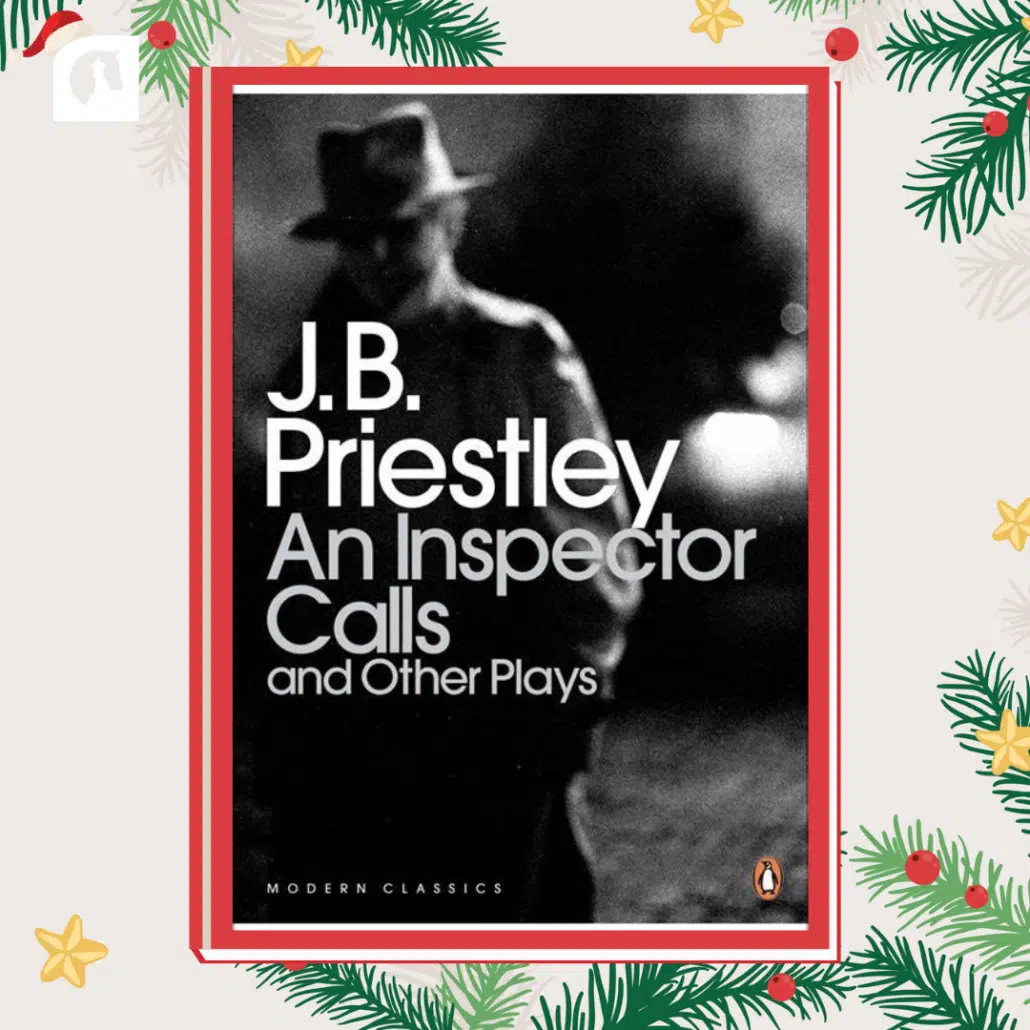
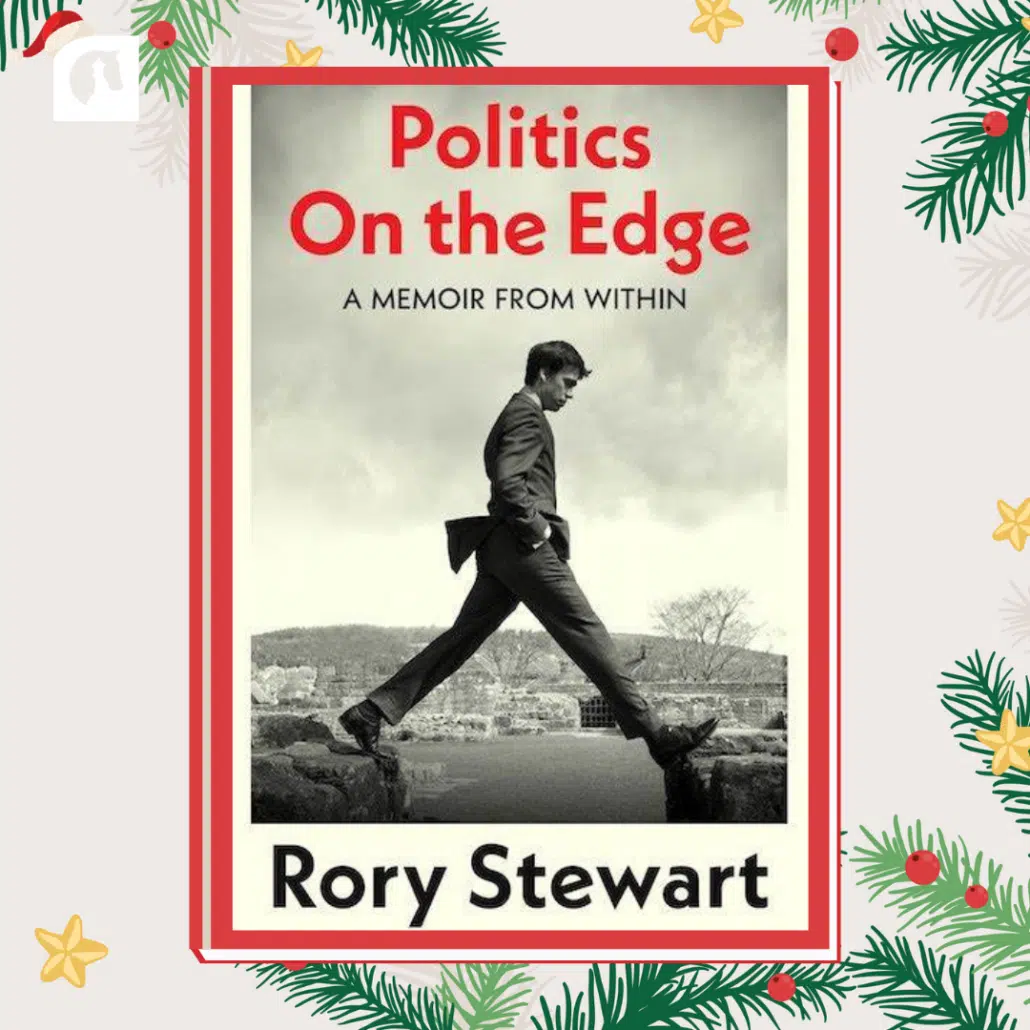
Energy expert Jilles van den Beukel Politics On the Edge by Rory Stewart.
Memoirs or diaries of politicians are rarely engaging but ‘Politics on the Edge’ by Rory Stewart is a pleasure to read and full of surprising insights and narratives. Perhaps this British Secretary of State was a better observer than politician. Which is not a very hopeful description of the Cameron, May and Johnson era…
The final recomendation comes from Data Scientist Maarten Vonk recommends Principles for Dealing With the Changing World Order by Ray Dalio.
In this insightful work, Dalio explores the principles that determine the new world order. Among these principles he astutely explains the role of debt cycles and reserve currency status. To demonstrate the significance of these principles, he takes the reader on a historical journey through various use cases such as the Dutch, British and the US empires.
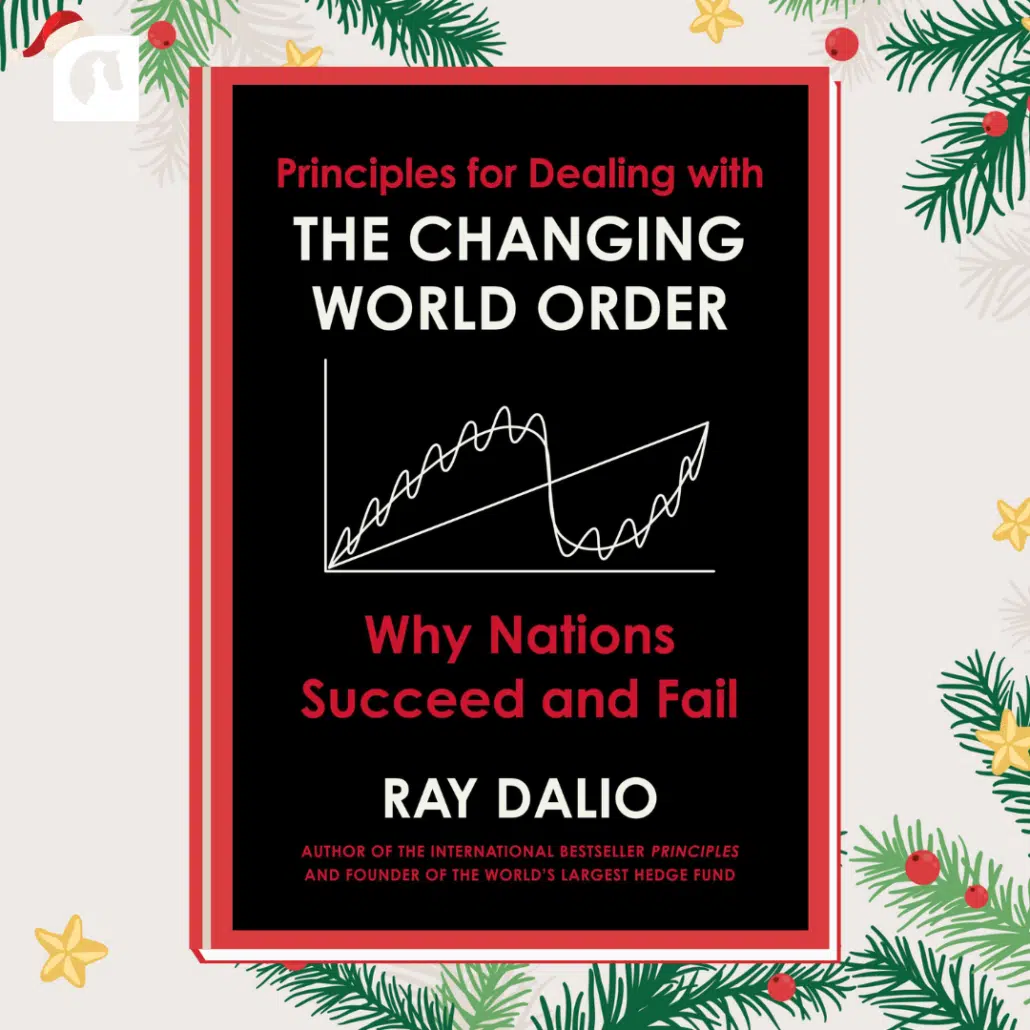
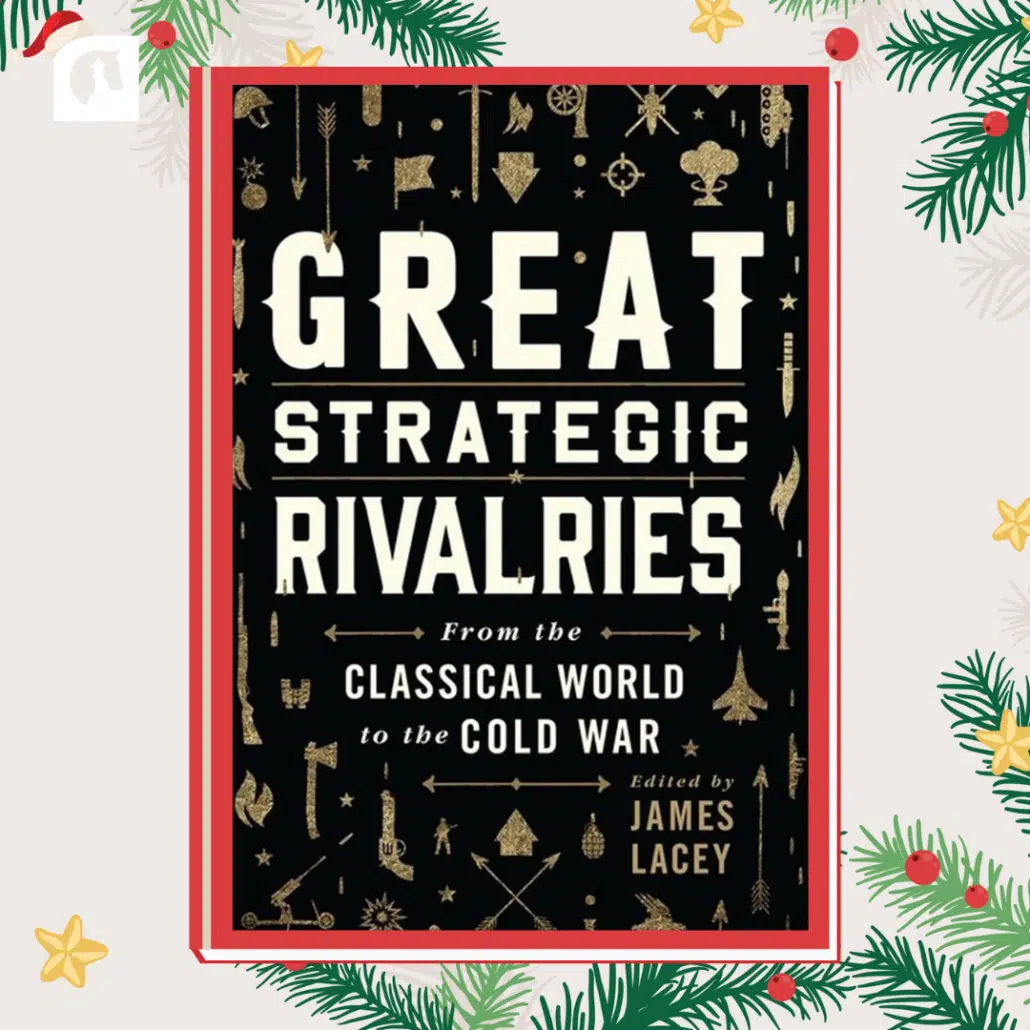
Director of Research Tim Sweijs recommends Great Strategic Rivalries: From the Classical World to the Cold War by James Lacey
“More than half of all wars since 1816 have taken place among enduring strategic rivals”, writes James Lacey. His superb edited volume traces great power rivalries from Antiquity to the 20th century on the basis of rich case studies authored by eminent historians. It furnishes a range of fascinating insights that inform my understanding of the regrettable dynamics unfolding in today’s world.










